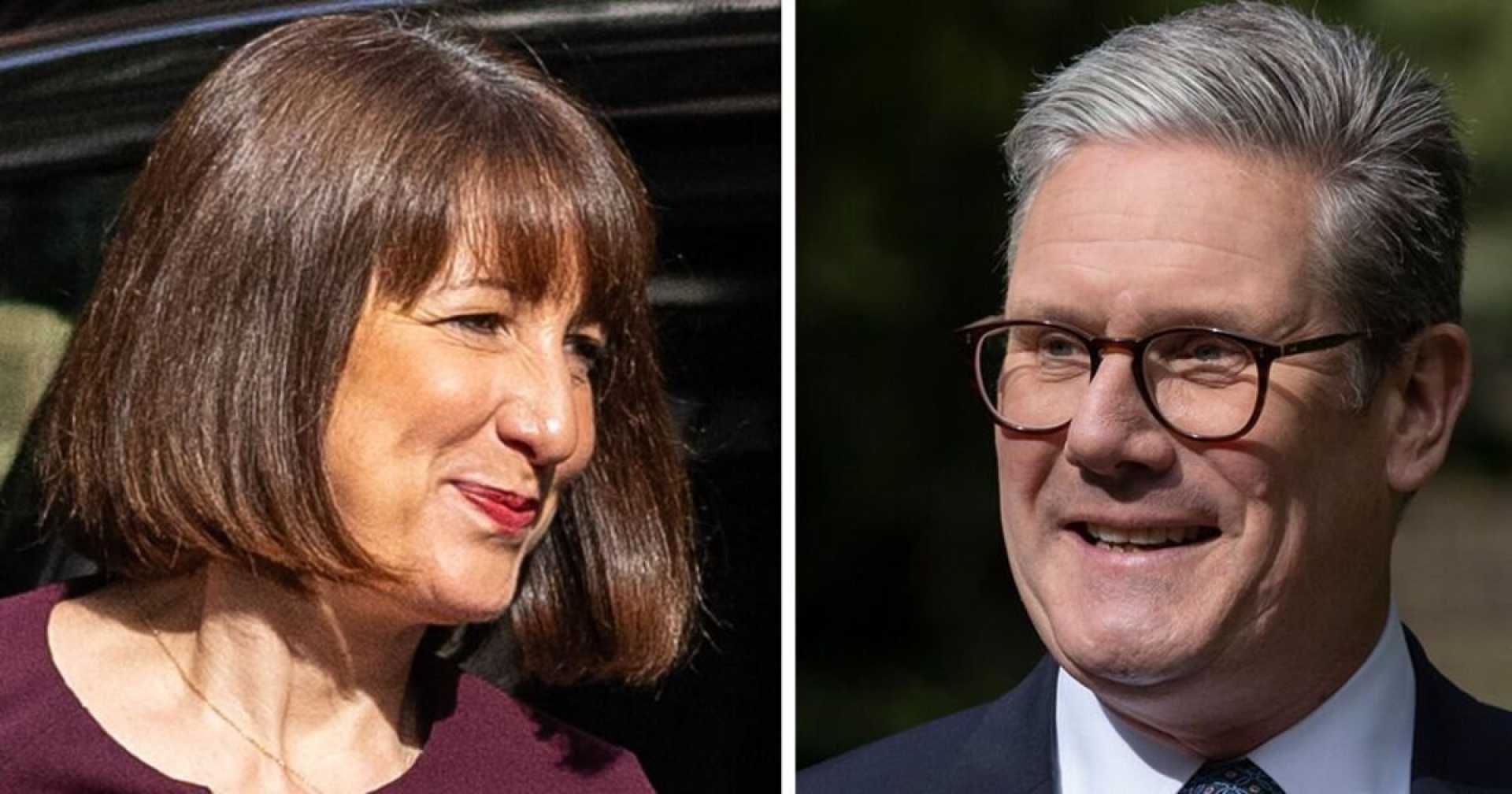Politics
Cabinet Ministers Express Concerns Over Imminent Budget Cuts

Several cabinet ministers have taken the unusual step of writing directly to the Prime Minister and the Treasury, two weeks before the Budget, to express concerns about potential cuts to their departmental budgets. Whitehall sources have indicated a looming £40 billion funding gap, prompting fears of severe spending reductions.
In what is seen as an atypical maneuver, ministers from financially strained departments have bypassed the Chancellor, addressing their concerns to the Prime Minister directly. “Not every department will be able to do everything they want to,” a spokesperson from Downing Street commented, however, significant anxiety exists within the Cabinet regarding the required spending cuts to adhere to the Treasury’s proposed budgetary limits.
Bloomberg has reported that the ministers are apprehensive about cuts that could reach up to 20% in the following year. Among those reportedly involved are Deputy Prime Minister Angela Rayner, Justice Secretary Shabana Mahmood, and Transport Secretary Louise Haigh. The ministers have not contested the report’s accuracy.
Transport Secretary Louise Haigh declined to comment on the specifics but mentioned to the BBC that budgetary discussions are proceeding as usual within the government. Haigh expressed anticipation for the Chancellor’s announcements scheduled for October 30th.
The Prime Minister’s spokesperson emphasized the necessity for reforms in public services, stating government departments need to enhance productivity. Meanwhile, Sir Keir Starmer and Chancellor Rachel Reeves have finalized the overall spending projections for the upcoming budget. However, departmental negotiations for specific allocations remain ongoing.
Commentator Danny Shaw, an expert in justice and policing affairs, warned that proposed cuts would significantly undermine the justice system, impacting courts, probation services, prisons, and legal aid. He also highlighted a pre-existing backlog of approximately 68,000 cases in the crown courts.
An unnamed Labour source conveyed to the BBC the widespread concern within the government about the Treasury’s lack of understanding regarding the “trade-offs” involved in reducing spending.
In contrast, a former senior aide to Conservative chancellors noted that such direct communication from cabinet ministers to the Prime Minister bypassing the Chancellor is typically uncommon. Nonetheless, a Downing Street source insisted this is a “completely normal part of the process,” refuting the idea that it is unusual.
Education Secretary Bridget Phillipson chose not to disclose whether she participated in the correspondence to Sir Keir Starmer and the Treasury, but affirmed that discussions are actively ongoing across government in preparation for the Budget announcement. She reiterated that education remains a priority for Labour administrations.
The impending Budget could result in the most significant tax increases seen in a generation, with Chancellor Rachel Reeves set to address the shortfall at the end of the month. Reeves has committed to a borrowing principle that mandates day-to-day expenditures to be covered by tax revenues.
Despite adherence to manifesto commitments not to increase taxes on working individuals, the prospect of extending National Insurance to employer pension contributions and augmenting certain capital gains taxes exists. There is also speculation regarding potential rises in fuel taxes.












